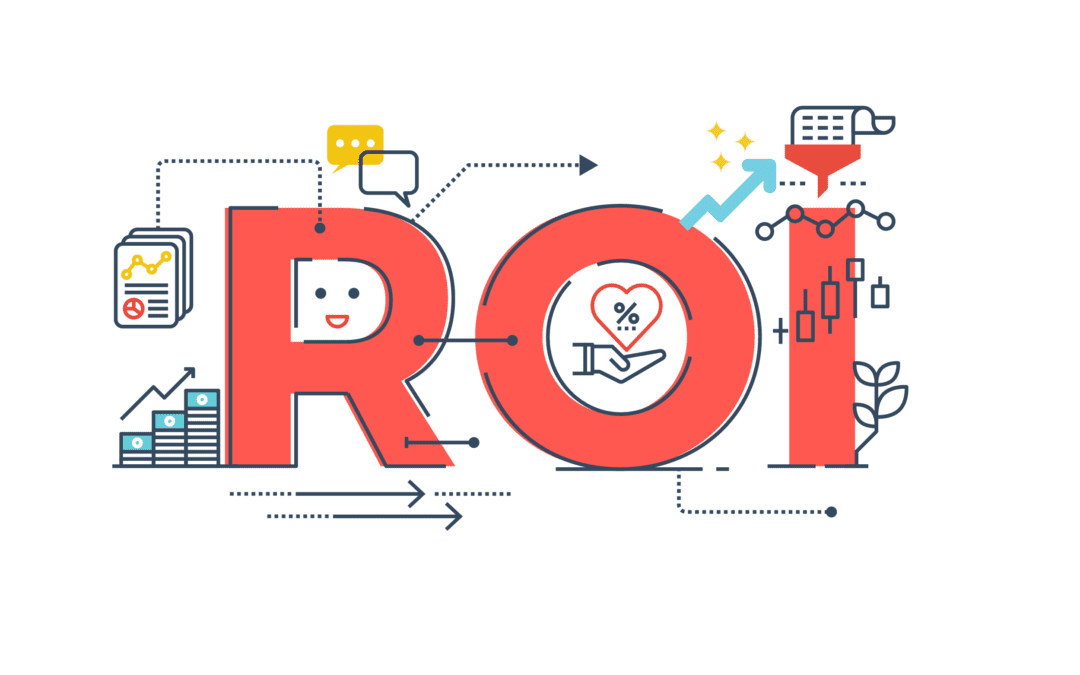Social Media in 2020.
The year 2020 may go down in history as the most challenging for marketers worldwide. A high engagement rate on social media speeds up conversations exponentially. Large and small brands are falling down by engaging in negative sentiments that may change how customers view their brand for a long time coming. Reputations are made and others are ruined. Don’t be that brand. Engage in social listening. Our social media teams might single-handedly save our brands.
We know that customers buy from brands they trust.
Reputation is everything. In this new digital world, with the power of social media, we have the opportunity to develop our reputation in real time, and social listening is the number one tool to understand and learn from our customers – also in real time. Social listening gives us access to millions of sentiments, conversations that are happening on social media at any given time. As brand executives, we no longer have to act without real-time knowledge on how our customers feel about our businesses, industry and society as a whole. It presents us with the bigger picture and gives us the opportunity to create successful marketing strategies and forward-thinking business decisions. Reputation is no longer accidental.
Listening is about understanding the bigger social picture.
During the initial months of the COVID-19 pandemic, sentiments were changing rapidly as people were adapting to a new normal. Brand reputation is always part of a larger whole. With an increase in social media engagement, the data becomes big data, and using social listening helps us cut through the noise and extract the data useful to our reputation. Using a sophisticated tool like Social Listening on Sprout Social is not a nice to have but an essential tool for our brands. Social listening allows us a deep dive into topics, sentiments, segments and platforms that are relevant to our business and understand our customers sentiments around them.
Understanding your brand’s reputation is just the first step.
Most executives do not have a clear understanding of their reputation until they get to review the sentiments in real time. Brands which are attuned can be more strategic and address their customers’ pain points and questions appropriately. No decision makers in today’s digital world should be caught off guard about the positive and negative criticism of their customer base. The data is at their fingertips, and not utilizing it is just neglectful. It is all about breaking out of our microcosm and entering the social media space where you can get upfront and personal with your customers any day.
Developing a good and better reputation online is priceless.
As we always say, if you have no reputation, you have a bad reputation. The saying “Don’t judge a book by its cover” is not true for businesses in 2020. Customers expect brands to be authentic about who they are as a brand. Now it is more important than ever to react professionally and proactively to any situation around your brand, industry and society. Reputation is about being the solution to our customers’ challenges; experts and thought leaders in our industry; and our response to social sentiments and changes. Our reaction to a crisis and challenges will define how your current and potential customers see our brands.
Putting our reputation out there and engaging in the conversation is absolutely necessary.
Consider that if we are not part of the conversation, we simply do not exist. It is important to understand relevant events and how to react to them as a brand. We should only engage in conversations that are relevant for our brand and positive. Staying away from negative conversations defines the good reputation we want to develop. Before engaging in any hashtags or feeds, social listening can help you understand the sentiments towards that conversation. Social listening helps us discern what conversations are positive and negative. In the social media space, this is not always obvious on the surface, and positive conversations can quickly turn negative.





